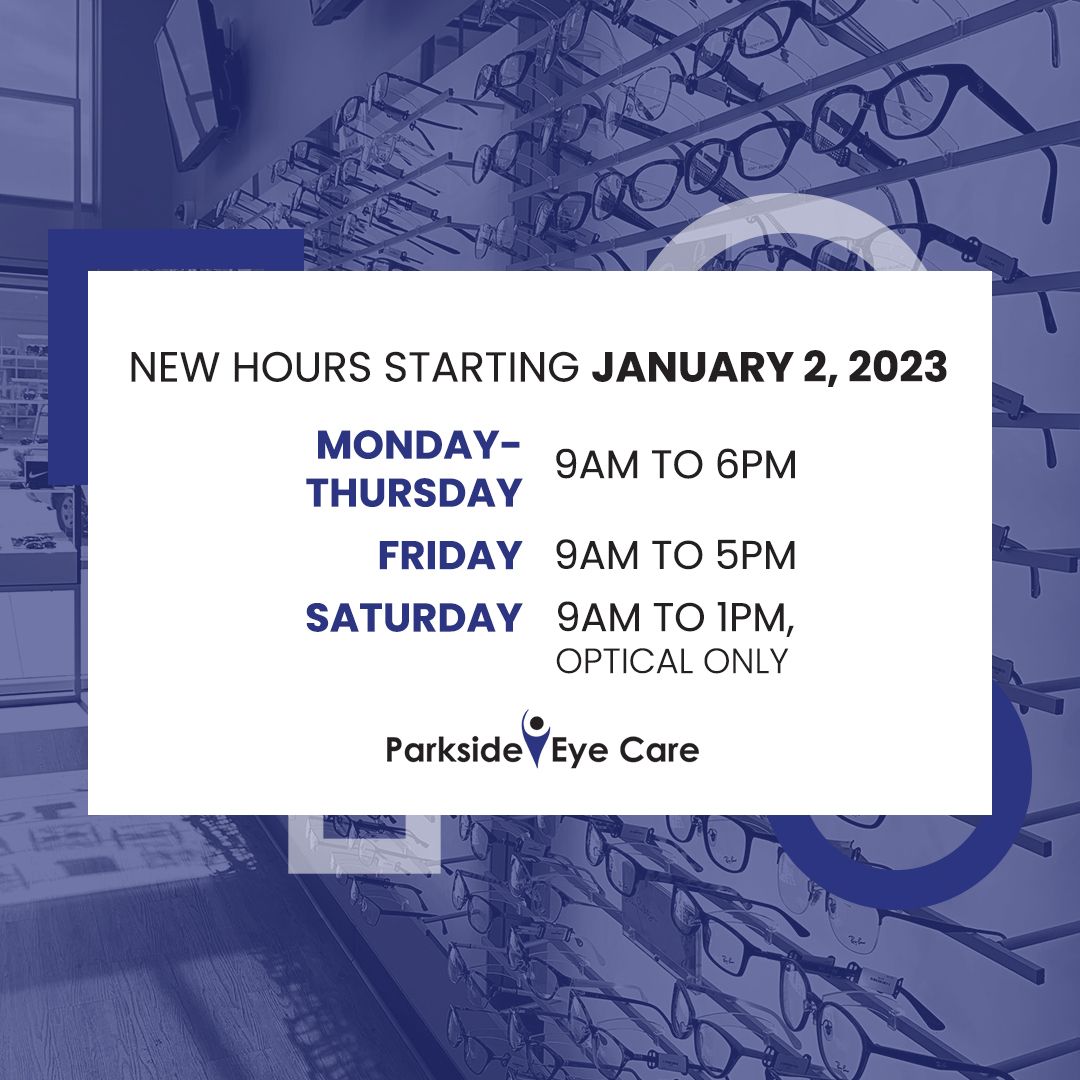
Contact lenses work by refracting light directly onto the surface of your eyes, correcting refractive errors such as myopia (nearsightedness), hyperopia (farsightedness), and astigmatism. Unlike eyeglasses, which sit on the bridge of your nose, contact lenses move with your eyes, providing a more natural and immersive visual experience.
Types of Contact Lenses
There are two main types of contact lenses: soft lenses and rigid gas permeable (RGP) lenses. Each has its benefits, and your choice will depend on your specific needs. Soft Contact Lenses are the most commonly prescribed. They are made of flexible materials that allow oxygen to pass through, offering immediate comfort. Soft lenses are ideal for individuals who lead an active lifestyle or prefer the convenience of disposable options. Soft lenses also come in various forms, such as daily disposables, weekly or monthly lenses, and extended wear lenses.
Rigid Gas Permeable (RGP) Lenses provide crisp vision and are highly durable. They are a great choice if you have astigmatism or irregular corneal shapes because they hold their shape better than soft lenses.
Factors to Consider When Choosing Contact Lenses
Your lifestyle plays a significant role in determining which lenses are best for you. Consider how often you wear contacts and how much time you can dedicate to cleaning and maintenance. If convenience is a top priority, daily disposable lenses may be the best choice. These lenses are worn for a single day and then discarded, meaning there’s no need for cleaning solutions or storage cases. Daily lenses are great for people with sensitive eyes or allergies as they reduce the risk of buildup from allergens or bacteria.
For those who prefer a balance between convenience and affordability, monthly or bi-weekly lenses might be ideal. These lenses are replaced every two weeks or once a month, but they require daily cleaning and storage.
If you have specific vision needs, such as astigmatism or presbyopia, there are specialized contact lenses designed to correct these conditions:
• Toric Lenses: Designed to correct astigmatism, toric lenses have a unique shape that allows them to stay in place and provide clear vision.
• Multifocal Lenses: If you need both distance and near vision correction, multifocal contact lenses are a fantastic option. These lenses provide a gradual transition between various focal points, similar to progressive eyeglasses.
Contact Lens Exam and Fitting
Consulting your optometrist about contact lenses is the first step toward achieving clear, comfortable vision. Whether you're new to contact lenses or considering switching from glasses, your optometrist will guide you through the process to ensure your lenses meet your vision and lifestyle needs.
A contact lens exam is more than just a simple vision check. It includes a detailed assessment of your eye’s corneal curvature and tear film to ensure that your lenses will fit comfortably and promote healthy eyes. Your optometrist will also measure your prescription to ensure the contacts correct your vision accurately. These tests are crucial in preventing discomfort, irritation, or more serious complications that can arise from poorly fitting lenses. Additionally, your optometrist will check for any underlying conditions that may impact your ability to wear contact lenses safely.
After your exam, the fitting process begins. Your optometrist will provide trial lenses to ensure they fit your eyes properly and feel comfortable. You’ll receive instructions on how to insert, remove, and care for your lenses to maintain optimal eye health. Follow-up visits may be scheduled to monitor your comfort and eye health, especially if you are new to wearing contact lenses.
Schedule Your Contact Lens Exam with Parkside Eye Care Today
Choosing the right contact lenses is a personal decision that requires careful consideration of your vision needs, lifestyle, and eye health. By understanding the different types of contact lenses, the factors to consider, and the importance of a professional contact lens exam and fitting, you can make an informed decision that will enhance your visual experience and improve your quality of life.
To schedule a comprehensive contact lens exam and fitting at Parkside Eye Care, visit our office in Cary, North Carolina, or call (919) 883-9987 to book an appointment today.














